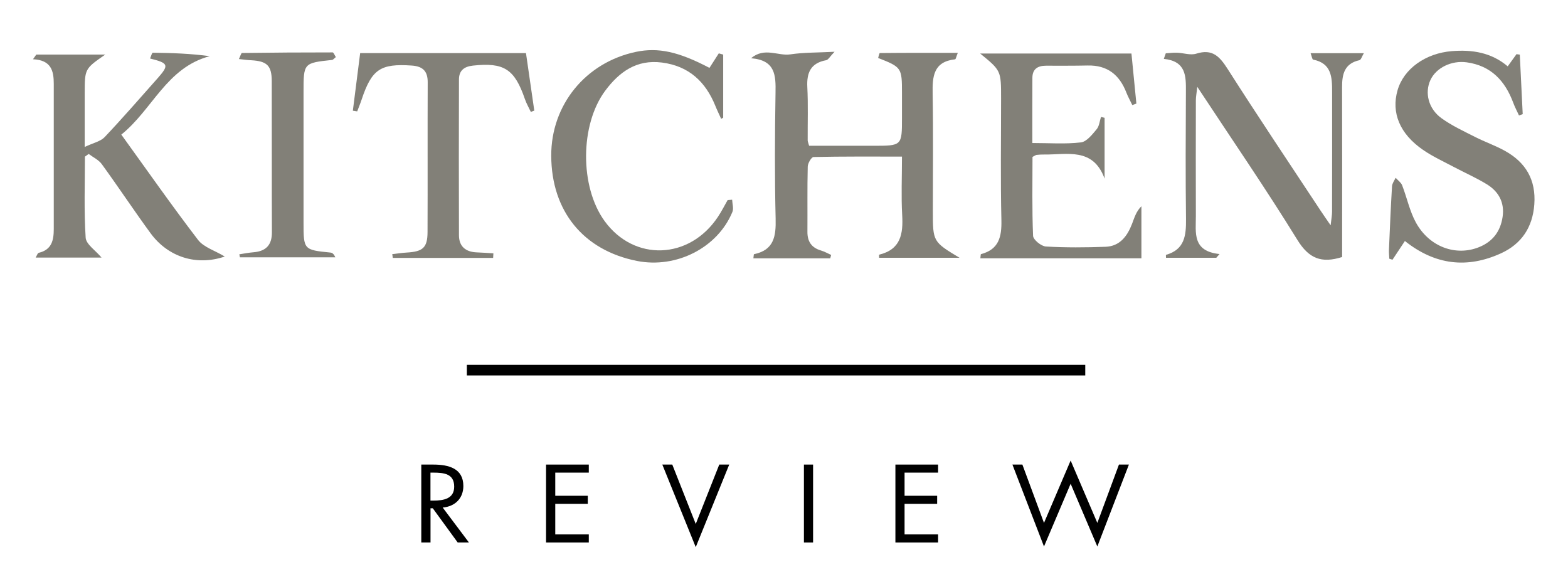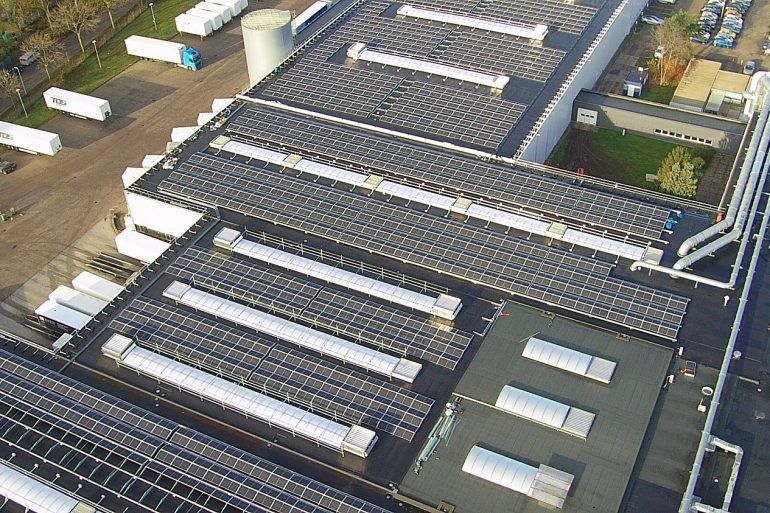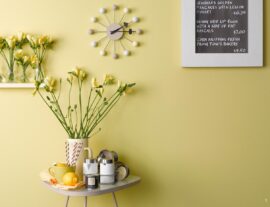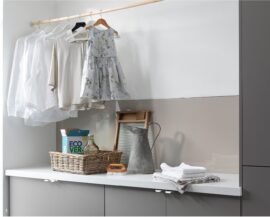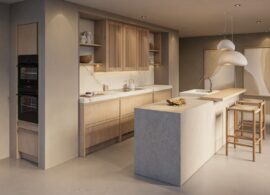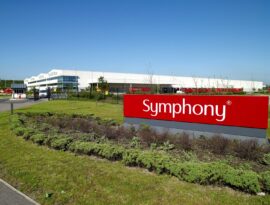Caring for the environment is a priority for everyone – both trade professionals and consumers – and, according to Keller, in choosing the sustainably motivated brand for the home, the designer, specifier and homeowner is doing the utmost in the first step, the kitchen furniture.
Keller has been a carbon neutral manufacturer for over five years; it is enshrined within the corporate social responsibility ethos. In 2021, the next step, to be a carbon negative manufacturer, was taken. This initiative will extract 150 tonnes of carbon from the air over a five-year period; 150 tonnes is the equivalent carbon output of a normal kitchen manufacturer making 70,000 kitchens
Keller’s goal is to adopt technologies and processes which will maintain the company’s status as a world leading force in the sustainable manufacturing of beautiful kitchens.
Becoming carbon negative is an all-encompassing circular process; from the materials from renewable sources, to recycling old kitchens, and everything in between. Examples include generating electricity from over 8,000 solar panels on the factory roof; using technology such as no glue laser edging and water-based lacquering; recyclable packaging; bio-mass heat/energy generation; greening of the entire fleet of vehicles; planting forests in Bolivia and more.
Keller has even created what we see as the future of sustainable kitchens with the Circo project. Circo includes all kinds of special details, such as the use of fully circular sheet materials used to construct the kitchen that can simply be melted and reformed into another kitchen or something completely different; or, be fully bio-degradable.
Tim Spann, Keller’s UK National Sales Manager, explains, “Education and training are key to the successful messaging of sustainable initiatives in the domestic market. Retailers are encouraging consumers, who are pushing the green agenda too and keen to “do their bit”, to understand the benefits of a sustainable kitchen. The benefits of sustainability in design go beyond the dream of saving the planet with the mere purchase of a kitchen. Design expertise can engender a more sustainable way of living and introduce new lifestyle routines and behaviour in the kitchen.”
In terms of recent product development, Keller now offers matt lacquered kitchens in 1,950 NCS colours to complement the silk gloss, high gloss and structured lacquer ranges. This is both trendsetting and sustainability-driven as the company only uses water-based systems in the in-house paint plant.
For further information, please visit www.kellerkitchens.com.
